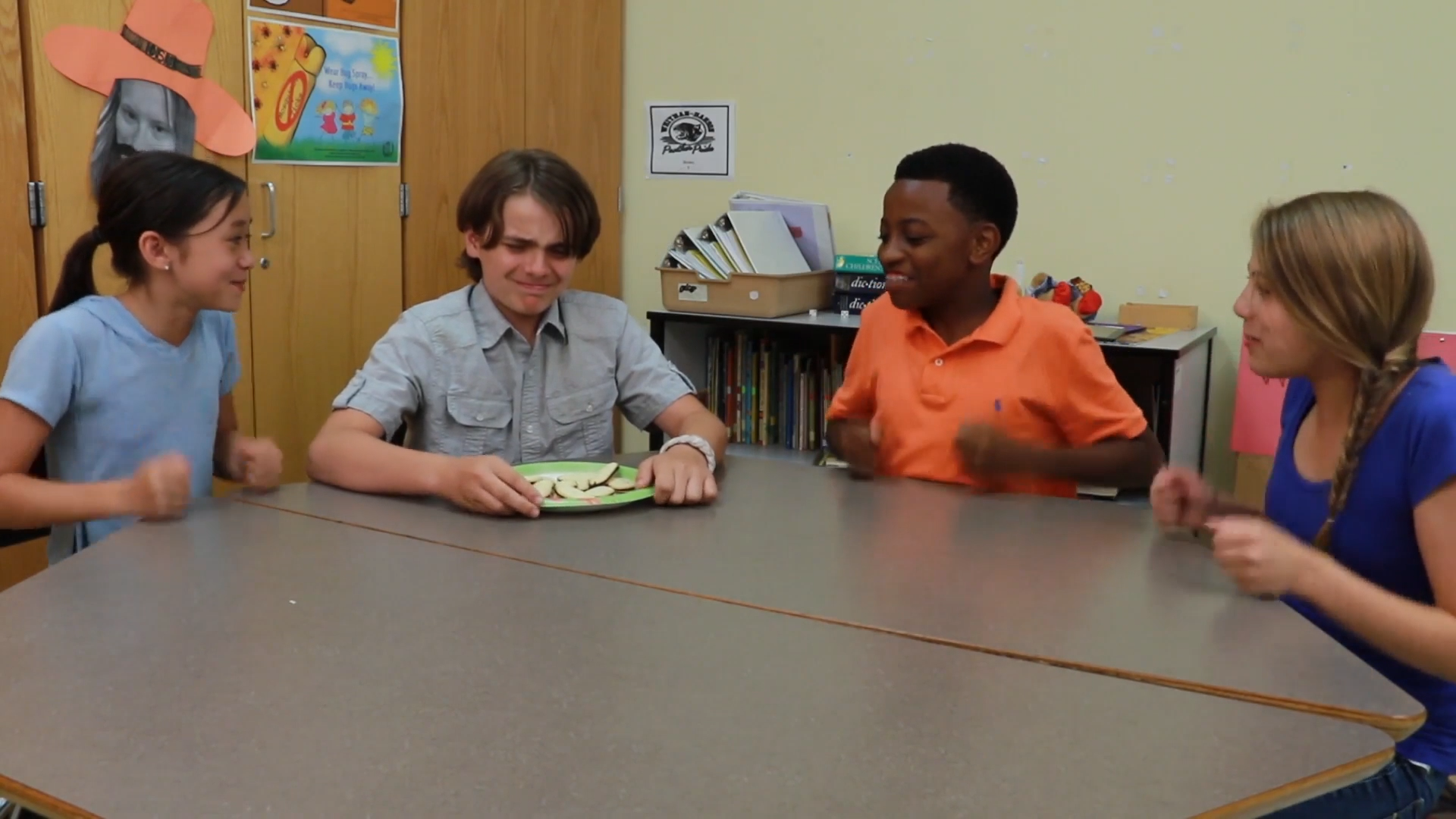
Introduction
Peer pressure is a common experience for children, even in kindergarten. It occurs when classmates or friends try to influence one another to do something, either as a joke or in a more serious manner. Sometimes, peer pressure can be a form of bullying and lead to uncomfortable situations. As educators, it’s essential to help students navigate these challenges and develop the confidence to make their own decisions. This blog post will explore a no-prep activity, discussion questions, and related social-emotional learning skills to help kindergarten students handle peer pressure.
No-Prep Activity
Role-playing is an excellent and simple way to help students understand and practice responding to peer pressure. In this no-prep activity, divide the students into pairs. One student will play the role of a friend attempting to pressure the other student into doing something they know is wrong or makes them uncomfortable. The other student will practice saying ‘no’ assertively and confidently. After a couple of minutes, have the students switch roles. This activity allows students to experience both sides of the situation and develop empathy for one another.
Discussion Questions
- How did you feel when you were trying to pressure your friend? How about when you were the one being pressured?
- What are some ways you can say ‘no’ confidently and assertively?
- Why is it important to stand up to peer pressure and make your own decisions?
- How can you support your friends when they are facing peer pressure?
- What should you do if someone continues to pressure you, even after you’ve said ‘no’?
Related Skills
Handling peer pressure is just one of many essential social-emotional learning skills that students need to develop. Other relevant skills include:
- Empathy: Understanding and sharing the feelings of others is crucial in supporting friends facing peer pressure.
- Self-awareness: Recognizing one’s own emotions and values can help students make informed decisions when faced with peer pressure.
- Conflict resolution: Learning to resolve conflicts peacefully and respectfully is essential when dealing with challenging social situations.
- Assertiveness: Developing the ability to express one’s thoughts and feelings confidently and respectfully is key to standing up to peer pressure.
Next Steps
Helping students develop the skills to handle peer pressure is an ongoing process. To further support your students’ social-emotional learning, consider incorporating more activities and discussions into your classroom. To get started, sign up for free samples of skill-building materials and explore additional resources available at Everyday Speech.

